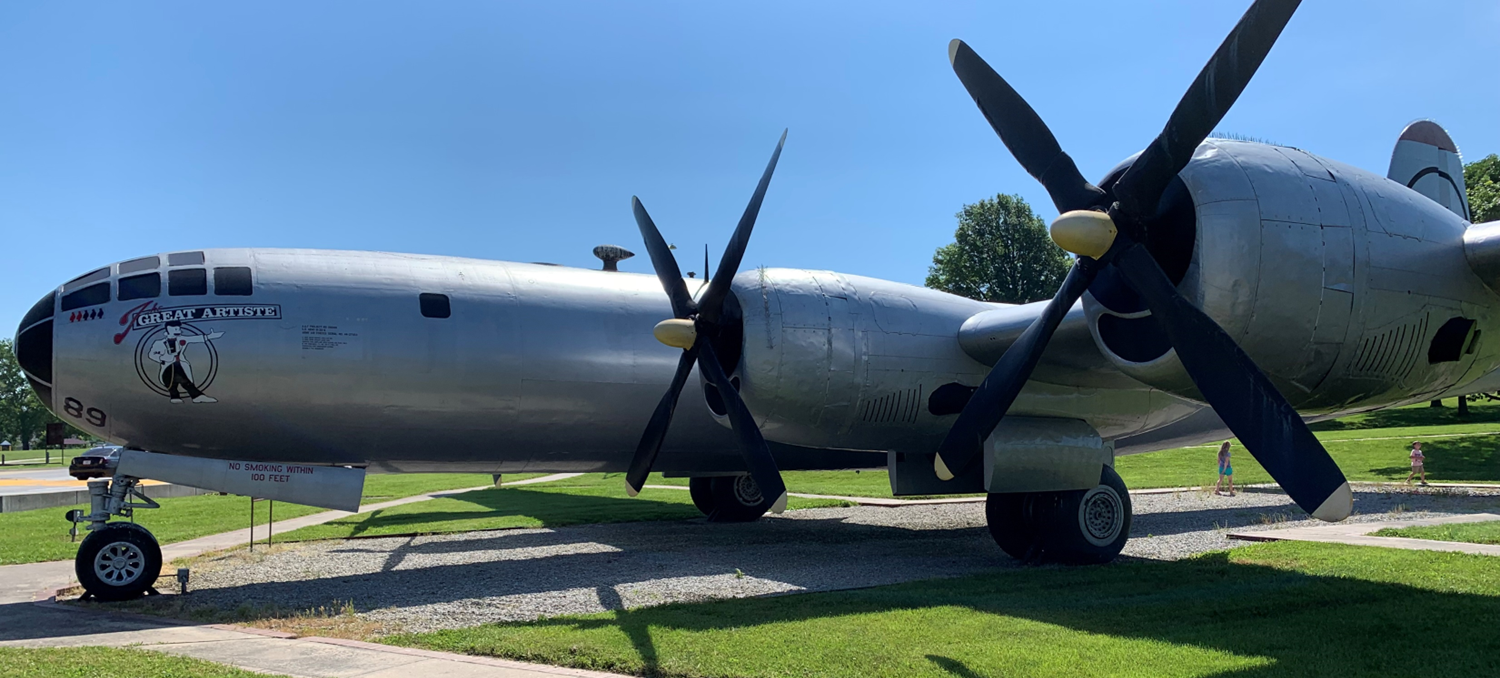You may know that our son is an active-duty chaplain serving in the U.S. Air Force. Becky and I visited him and his family this past week. What a joy. They live on-base in a family housing area that could be mistaken for a nice suburban neighborhood anywhere in the United States. The minute we pull into the driveway, grandkids rush out to greet us. As we make our way into the house, we feel right at home in that familiar place, with grandkids hurrying to show us their latest projects or climbing on top of us.
Getting on base, however, requires more than simply turning into a nice suburban neighborhood. The base visitor center is just outside the main gate. Our son meets us there to request visitor passes for us. An airman scans our driver’s licenses and taps other information into his computer. We have photos on file so can skip that step, and in due time a printer spits out our passes. The passes tell us to stay out of restricted areas and that any undefined “adverse action” on our part will be noted in our son’s personnel file. Passes in hand, we drive through the gate, show our passes, and then go past security devices and procedures we notice and more we don’t notice.
When we stay at the base hotel, we sign a form acknowledging the Air Force’s right to kick us out without notice should they suddenly need our room to house in-coming airmen or officers.
Passes and forms in order, we head to the house that feels like home. We avoid restricted areas, but our passes tell us our son is to know where we are at all times. I think we have forgotten more than once to tell him we were taking some of the grandchildren to the playground in their suburban neighborhood. I hope that doesn’t show up in his personnel file.
I have been thinking about this sense of dissonance between arriving at a house that feels like home and the forms and procedures that remind us the base is not our home. We are visitors with serious restrictions on our visit.
In a way, that is what it is like to be a Christian. 35 years ago, theologians Stanley Hauerwas and Will Willimon wrote an important little book they called “Resident Aliens.” The title referred to their understanding of a Christian’s identity, in our case, as part of the modern world. The world with its culture and its systems is our home in so many ways – we grow to feel comfortable in it – but, finally, we don’t belong; the culture and the system are not ours and are, at times, opposed to the things of faith and faithfulness.
Scripture tells us that the story of the gospel is the story of being called to a new home and a new identity, a home and an identity that are “already and not yet.” Using present tense verbs, the Apostle Paul tells the new Christians in Ephesus, “you are no longer strangers and aliens, but you are fellow citizens with the saints and members of the household of God.” Already. In like manner, he reminds the Philippians, “our citizenship is in heaven, and from it we await a Savior, the Lord Jesus Christ.” Not yet.
As John receives the vision of the not-yet world to come, he sees a New Jerusalem with walls and gates, but the gates never close and there are no restricted areas. No passes to scan, but those who enter freely will bear the name of the Lamb upon their brows. Their names will be written in his book of life.
Strangers and aliens bound for a yet to come home, that’s who we are. And even in this foreign land, God has already given us the church as that place of family and belonging.
Already and not yet, but no dissonance between the two.

